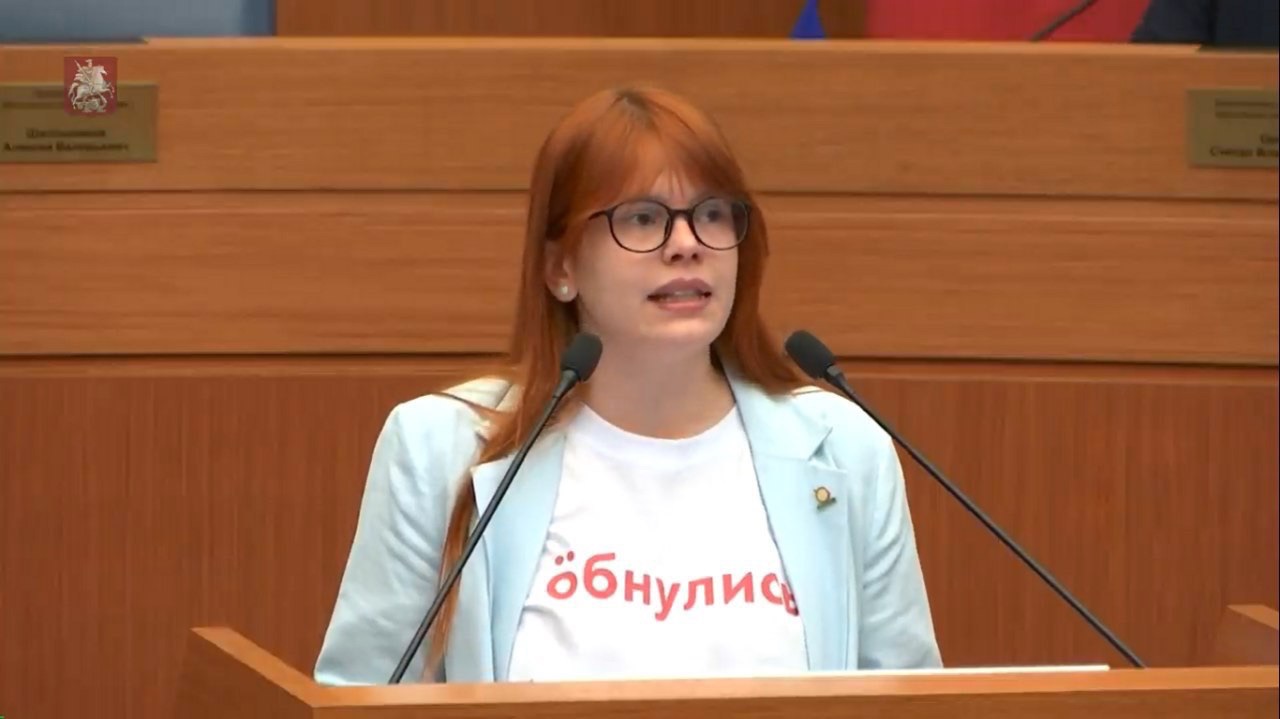“This is direct censorship. Withdraw the bill—don’t disgrace yourselves!”
Nikolai Nelyubin
Fontanka.ru
February 8, 2021
Vladimir Putin has received a letter from the progressive intelligentsia. The masters of culture, science and education have asked the guarantor not to touch the law on education by introducing “licenses for educational outreach.” For the depths are lower, and Gorky has nothing to do with it.
Professionals in culture, education and research involved in educational outreach work in our country, are concerned about the future of culture, education, and research. The reason is the draft law “On Amendments to the Federal Law ‘On Education in the Russian Federation,'” adopted by the State Duma in its first reading, which, in particular, would make official vetting of “educational outreach programs” mandatory.
On February 8, more than a thousand Russian professionals in the field of educational outreach published an open letter to the authorities demanding that they reject the amendments, since they would “open the door to repressive regulation and censorship.” [See my translation of the open letter, below—TRR.]
On February 9, the details of the legislative initiative are slated for consideration by the State Duma Committee on Education and Science, chaired by Vyacheslav Molotov’s grandson Vyacheslav Nikonov. The bill could pass its second reading as early as February 10.
A co-author of the legislation, Dmitry Alshevskikh, a United Russia MP representing Sverdlovsk Region, earlier shared with Fontanka.ru his arguments for adopting the new norms, which would destroy “anti-Russian propaganda” disguised as “educational outreach.”
“Certain forces are trying to introduce Bandera,” the people’s deputy explained.
The authors of the open letter to President Putin, Prime Minister Mishustin, State Duma Speaker Volodin, and all the co-sponsors of the sensational bill are no strangers to post-postmodernism in art, but in this case they are unanimous. There is nothing to be quibble about: we are getting closer to obscurantism and pathological tendencies that are better to nip in the bud.
It will be more difficult to work
Supporters of the independent cultural scene are convinced that the regulations governing educational outreach would complicate the work of people who organize exhibitions, lectures, discussions, and other public events.
“There are currently no requirements for vetting exhibition projects and the educational programs that accompany them (lectures, seminars, and meetings) except for cases when the project is funded by state grants,” says Tatiana Pinchuk, director of Petersburg’s Street Art Museum, about the current state of affairs.
Natalia Karasyova and Elizaveta Zinovieva, co-founders of the Big City Art project, which holds “art breakfasts” featuring lectures and excursions, are afraid of the vagueness of the mechanisms for obtaining a license, the lack of a list of documents for making such application, and, importantly, the cost of the entire procedure.
“It will be virtually impossible to obtain a license due to the cost and bureaucratic hurdles. So, we will be operating outside of the law,” they say.
Moreover, players on the independent education market cannot understand what exactly they would have to license.
“It is not clear from the bill what exactly ‘educational outreach’ includes,” wonder the women at Big City Art. “It is one thing to get a license for an educational center, and another thing to get one for small-scale meetings and blogging.”
Art scholar Anastasia Pronina also argues that the bill is vaguely worded.
“Officials would have additional levers for pressuring and regulating us, while those engaged in educational outreach work would find themselves in a tough spot,” says the curator. “If the bill is passed into law, it will be a problem to vet the topics announced by our speakers, and we will be obliged to draw up contracts for all our lectures and public events. The lectures at Benoit 1890 Cultural Center are educational in nature and free to attend. During the pandemic, we have introduced a nominal entry fee to regulate attendance. Our project promotes contemporary art in a bedroom community in Petersburg. I think it is clear that this is not an easy job, and we are grateful to all the lecturers who speak to our audiences for free.”
Curator Lizaveta Matveeva notes that a separate item in the draft law would require organizations that partner with and hire foreign specialists to obtain special permits.
“This is another go-round in our government’s maniacal desire to rid us of the presence of foreign colleagues and stop the dissemination of their ‘values and information,'” Matveeva argues. “My field cannot function without interaction with foreign colleagues, without a bilateral exchange of know-how. Culture and art cannot survive in isolation. Our country has already been through this experience, and it led to nothing good.”
Where have the censors been rummaging?
“The more vague a law is, the more repressive it is,” Matveeva argues. “Currently, oversight is implemented correctively, but there are concerns that this draft law and subsequent secondary laws may introduce preventive regulation that would require vetting educational materials before they are published, and this is real censorship.”
“It could reach the point that talking about Andy Warhol’s paintings would be considered promotion of the western way of life,” say Karasyova and Zinovieva. “It is absurd, but it is possible.”
According to the organizers of informal cultural events, censorship can manifest itself even more easily in the field of contemporary art. The young women give examples.
“This could concern projects that criticize the government by artistic means, or projects produced in cooperation with foreign colleagues,” they say.
“If cultural institutions are required to clear every exhibition project involving a cultural program with the state, then implementing any project would turn into a bureaucratic hell,” argues Pinchuk. “Also, it is not clear how broad the powers of the supervisory authorities would be. If they don’t like the theme of an exhibition or the subject of a lecture, would they simply ban it?”
Historian Lev Lurie is horrified.
“Educators also tell us about Ohm’s law, after all,” he says. “The question arises: aren’t they hyping the achievements of foreign scientists? Maybe they underestimate the successes of the virologists from the Vector Center in Novosibirsk? We need balance in the natural sciences, too! So, now we need to expand the training of these facilitators. Retired officers—political workers—can handle it. If, God forbid, [Vyacheslav] Makarov is not re-elected to the [Petersburg] Legislative Assembly, he could well attend such events, because he has a sense of who has the “Siege of Leningrad gene” and who doesn’t. He could run such events himself, but monitoring them is more important.”
Who would be affected by the law?
No one has actually counted how many independent educational platforms there are in Russia today. It is clear that this sector was growing quite dynamically until quite recently. There are professional educational platforms and schools, and there are hobby clubs.
“Meetings and lectures are also held in bookstores, libraries, cafes, independent galleries, and other places,” Matveeva explains.
“Based on the blanket statements [in the draft law] we can surmise that a project dealing with the oeuvre of a single artist and a show of his works would be defined as educational outreach since an analysis of the artist’s career constitutes, in one way or another, dissemination of information about the artist’s know-how and expertise,” argues Pinchuk. “Along with doing exhibition projects, museums, including the Street Art Museum, also do cultural and educational projects, and various events—meetings, seminars, and lectures—are held as part of these projects. During these events, knowledge about art is disseminated, and members of the cultural scene share their know-how and competence. That is, the activities of museums fall under the definition of educational outreach as provided in the draft law.”
It comes down to money
“Russian citizens, including vulnerable segments of the populace, would thus also lose the opportunity to gain knowledge from highly qualified specialists on a regular, often pro bono basis,” it says in the open letter to Russian officials.
Matveeva answers the question “why.”
“If organizers and lecturers have to produce and reproduce paperwork to get permission to hold each of their one-off lectures in a library or a cafe, it would be easier not to organize anything at all and wait for better times to arrive in Russia,” she says. “Many events are organized by enthusiasts, by professionals passionate about their work. Events are often held for free or for a nominal fee. They are attended by people who don’t have the opportunity to pay for an expensive course or time to study, but they can periodically go to lectures to learn something new, and maybe meet and hobnob with other people. Educational events are also popular among the elderly: for them it is a form of leisure.”
Karasyova and Zinovieva agree.
“If commercial educational events simply increase in price and part of the audience peels off, then non-profit organizers are likely to fall by the wayside, as they will not be able to carry the costs,” they say.
Lurie is categorical.
“People will show up and say that you are not telling the right story about hedgehogs. ‘You can’t talk about hedgehogs like that,******!” they will tell you. ‘And if I give you fifty thousand, will I be telling the right story about hedgehogs?’ you will ask. ‘Well, for fifty it would be better, but for sixty it would definitely be a good story about hedgehogs.’ That’s all you need to know about this law,” he says.
What history teaches us
“Increasing the amount of paperwork has never helped the cause of popular education,” Pinchuk argues.
There are also examples in history of how to introduce state control.
“The Cultural Revolution in the USSR at the turn of the 1920s and 1930s,” recalls Lurie. “Then all private NEP outfits were put under control. They became state-owned. They were made part of the overall structure. In particular, the Knowledge Society (Obshchestvo “Znanie”) emerged from this arrangement. Or there were the times of [Konstantin] Pobedonostsev, when a bailiff came to every event and could shut it down.”
“We are being dragged into the Middle Ages. Or into the USSR,” says Marina Rudina, an employee of the Russian Museum who specializes in its educational and research work. “This know-how was perfectly tested back then. There is a persistent sense of obscurantism. And, from my point of view, strange information is flowing from every corner, including from federal and state TV channels. We need protection from extremist influences? There is already a law for this. I don’t understand why we have this business about ‘combating extremism’ in the new law again. Apparently, this is a clear formula: there are only enemies everywhere, and we must defend ourselves from them. Are we going to sacrifice everything?”
Lurie recalls other specific examples.
“We feel great about the valiant deeds of Alexander Matrosov and Zoya Kosmodemyanskaya, Valentina Tereshkova and Dmitry Donskoy. We don’t expect anything bad. The problem is that there is imperfect censorship in Russia. There are no firm guidelines, for example, on whether Pobedonostsev and [Georgy] Malenkov are positive characters, and so we don’t know what to expect. There is uncertainty. We are afraid to talk positively about Malenkov. What if suddenly it turns out that he was working against the Motherland?”
To avoid this, says Lurie (who even at the start of Putin’s constitutional reforms spoke about the inevitability of total censorship), there must be “special people” who attend excursions and other events, lectures, and quests, either openly or undercover.
The historian sketches a new dystopian novel on the go.
“They will write a note to their superiors. They will have to record everything with surveillance devices so that it won’t be their word against [their opponents]. Then it will transpire that someone berated Matrosov. This means that a regulation stating that Matrosov cannot be derided will be needed. After all, such thoughts about Matrosov could be whispered by the enemy, while an educator might not have known it was forbidden. We must protect educators!”
“Why are they doing this?”
“The bill will drive another nail in the coffin of private cultural institutions in Russia. It seems that the current policy is aimed at ensuring that there are fewer and fewer educated people with a broad outlook, and that knowledge outside of the school curriculum can only be obtained abroad,” Pinchuk argues.
“The censorship and repressive laws already adopted by our government have greatly changed the climate and environment, and have complicated the already extremely difficult lives of cultural professionals,” says Matveeva. “We can no longer publicly and openly touch on certain topics, we cannot work with certain organizations, and it is better for us not to receive grants from international organizations and foundations. Given that the government provides no support to artists, art historians, and other producers of culture and art, it is not quite clear how officialdom expects people to work and support themselves.”
“Why are they doing this?” Rudina asks, immediately answering her own question.
“To completely obliterate education, to make it impossible for there to be flights of thought and broad spaces to think. There should be many opinions, many sources of knowledge and trends. When everything is regulated, is approved by people at the top, this is direct censorship, the exclusion of any opinions other than those ‘approved by the government line.’ Just withdraw the bill—don’t disgrace yourselves!”
Late last year, Petersburg MP Elena Drapeko told Fontanka.ru that voters had asked the State Duma to introduce censorship in Russia.
As of February 9, over 210,00 people had signed a petition against the proposed amendments.
__________
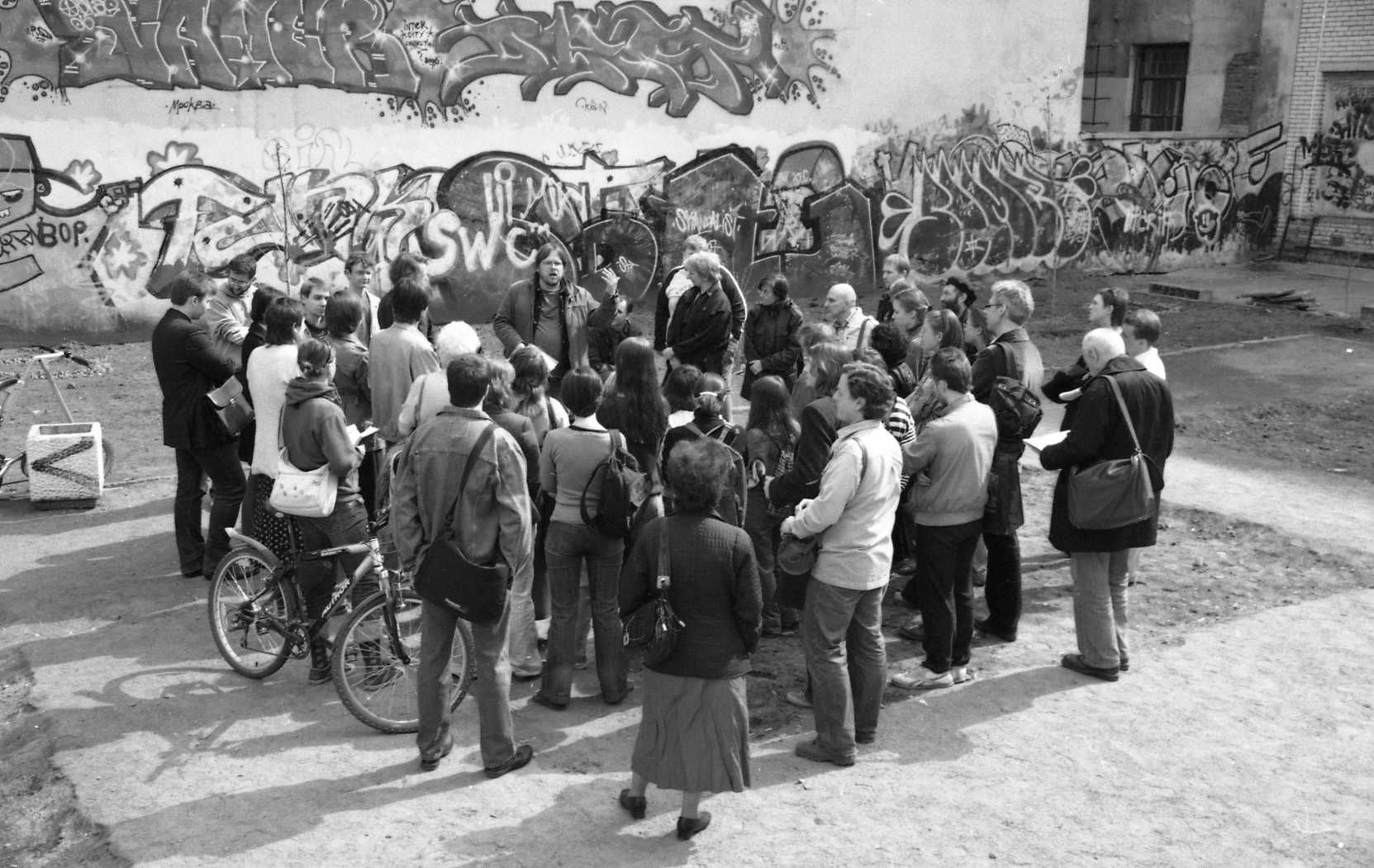
This session of Petersburg’s Street University, held on Elf Square in the city center circa 2008-2009, would have been impossible under the proposed amendments to the Law on Education.
__________
February 8, 2021
Open Letter
To:
Russian President Vladimir Putin
Russian Prime Minister Mikhail Mishustin
Chairman of the Russian State Duma Vyacheslav Volodin
Russian Federation Council Members A.A. Klimov, E.V. Afanasyeva, A.V. Vainberg, L.N. Glebova, and O.V. Melnichenko
Russian State Duma Members V.I. Piskarev, A.G. Alshevskikh, N.I. Ryzhak, A.K. Isaev, R.D. Kurbanov, I.V. Belykh, N.V. Poklonskaya, D.I. Savelyev, A.V. Chep, A.L. Shkhagoshev, E.A. Yampolskaya, V.V. Bortko, S.M. Boyarsky, O.M. Kazakova, E.G. Drapenko, A.M. Sholokhov, O.L. Lavrov, S.A. Shargunov, O.M. Germanova, V.Yu. Maksimov, N.N. Pilus, and S.B. Savchenko
Russian Federal Minister of Culture O.B. Lyubimova
Russian Federal First Deputy Minister of Culture S.G. Obryvalin
We, the undersigned, are cultural, educational, and academic professionals engaged in educational outreach work in Russia, as well as Russian citizens concerned about the future of culture, education, and research in our country. We write to you in connection with Draft Law No. 1057895-7 “On Amendments to the Federal Law ‘On Education in the Russian Federation’” (hereinafter referred to as “the Draft Law”), which was passed by the State Duma in its first reading. If the Draft Law becomes law, it will, in our opinion, open the door to repressive regulation and censorship. In its current form, it threatens the constitutional rights of Russian citizens and the growth of our country’s educational and cultural fields due to its vague wording and rawness.
The Explanatory Note to the Draft Law states, “The federal draft law is aimed at improving the legal regulation of educational activities in the Russian Federation,” and “the draft law […] would generate additional conditions for developing human culture, encouraging individual socialization, and motivating individuals to form an active civic stance.” However, it contains no detailed comparative risk-benefit analysis proving that the stated goal would be pursued, rather than its opposite.
At the same time, the rules and regulations that would be issued if the Draft Law were passed, as well as the content of the Draft Law itself, have rightly caused fears among professionals that administrative barriers to educational outreach work would be raised that infringe on constitutionally protected rights and freedoms, including:
- the right to education (per Article 43, Paragraph 1 of the Russian Federal Constitution)
- the right to seek out, receive, transmit, produce and disseminate information (per Article 29, Paragraph 4 of the Russian Federal Constitution)
- and freedom of literary, artistic, scientific, technical and other types of creativity, as well as freedom of instruction (per Article 44, Paragraph 1 of the Russian Federal Constitution).
The Draft Law is extremely restrictive
According to Article 43, Paragraph 5 of the Constitution of the Russian Federation, “The Russian Federation establishes federal educational standards, [and] supports various forms of education and self-education.” In its current version, however, the Draft Law and the accompanying regulations adopted if it is implemented (as suggested by the public statements of its authors) are aimed not at supporting but at limiting educational outreach as sponsored by federal cultural and educational organizations, as well as by independent platforms, private organizations, and grassroots groups.
The text of the Draft Law defines educational outreach work as “activities, implemented outside the framework of educational programs, that are aimed at disseminating knowledge, skills, values, know-how and competence in order to develop individuals intellectually, spiritually, morally, creatively, physically and (or) professionally, and meet their educational needs and interests, and that touch on relations regulated by this federal law and other legislative acts of the Russian Federation.” The vagueness of the wording means that educational outreach work can be defined as any public activity in which knowledge and competencies are disseminated. Hence, we can conclude that educational outreach work could include not only individual lectures and workshops organized by licensed educational institutions, but also exhibitions, festivals, conferences, the work of popularizers of science and art, openly accessible blogs and vlogs, and much more.
The Draft Law introduces redundant regulations and opens the door to censoring educational outreach work
The Draft Law prohibits incitement to social, racial, ethnic or religious strife, and incitement to actions contrary to the Russian Federal Constitution. At the same time, the dissemination of information for these purposes is already prohibited by current Russian federal legislation, whose norms are also applicable to educational outreach work (per Article 10 of the Federal Law “On Information,” Article 13 of the Federal Law “On Countering Extremism,” and the corresponding provisions in the Administrative Offenses Code and the Criminal Code).
Currently, oversight is implemented correctively (ex post). We are concerned that the secondary legislation could introduce preventive (ex ante) regulation requiring that educational materials be approved before they are published, thus restricting freedom of opinion, as well as significantly complicating the work of law-abiding educators while not affecting the activities of banned extremist organizations.
The Draft Law is isolationist
The Draft Law obliges educational organizations to obtain the approval of the executive authorities when negotiating educational agreements with foreign organizations and foreign nationals involving expenditures. The provision would cover not only financial contracts involving state educational institutions (to which the laws on public procurement apply), but also other agreements, including non-financial cooperation agreements, which are signed in large numbers by all major educational institutions, as well as contracts made by non-governmental educational organizations.
The introduction of additional restrictions and controls on international exchanges and the engagement of foreign nationals by educational organizations inevitably entails an additional bureaucratic burden that most non-profit independent organizations would not be able to handle because they lack the necessary resources. Consequently, international exchanges would face the threat of significant cuts, leading to the stagnation of culture and research in Russia: growth in these fields is impossible without a constant exchange of know-how and ideas with colleagues from other countries. The lack of an opportunity to build stable, permanent relations with the international professional community would inevitably lead to a lag in the growth of culture, research and education in our country.
Educational outreach is carried out not only by large state institutions, but also by independent non-profit organizations, as well as by grassroots groups who find it difficult to secure the minimal resources needed for engaging foreign colleagues and implementing international projects. In this regard, introducing requirements for obtaining additional permits to engage foreign nationals in educational outreach projects would make it impossible to implement grassroots and non-profit undertakings. Russian citizens, including vulnerable segments of the populace, would thus also lose the opportunity to gain knowledge from highly qualified specialists on a regular, often pro bono basis.
The Draft Law delegates unregulated oversight to the Government
The Draft Law adopted by the State Duma in the first reading is extremely vague: it does not specify procedures and boundaries for overseeing educational outreach work, does not delimit regulatory entities, and does not define the types of international cooperation pursued by educational organizations that would require official approval. Essentially, the State Duma (a legislative body) has wholly delegated policymaking in the educational outreach field to the Government of the Russian Federation (an executive body) without setting any criteria and restrictions. This makes it possible, when adopting secondary legislation, to interpret the will of the legislators quite broadly, in a variety of directions. The vagueness of the wording, as well as the delegation of further rule-making to the Government of the Russian Federation, raises concerns in the professional community that the regulation would be repressive and involve censorship, thus considerably complicating the implementation of educational outreach work.
Oversight and restriction of educational outreach based on extremely vague reasons, thus allowing for varying interpretations “on the ground,” are contrary to the constitutional rights and freedoms of Russian citizens. In this regard, we, cultural, educational, and academic professionals engaged in educational outreach work in Russia, call on you to reject Draft Law No. 1057895-7 “On Amendments to the Federal Law ‘On Education in the Russian Federation,’” as its adoption, in our opinion, would open the door to repressive regulation and censorship due to its vague wording and rawness.
[Signed, in the original, by Lizaveta Matveeva (St. Petersburg), curator of the Main Project of the Seventh International Moscow Youth Biennale, the Art Prospect International Public Art Fair, and the DYI Fair, and 1,002 other signatories]
Thanks to Susan Katz for asking me to translate the open letter and sending me the link to the article from Fontanka.ru. Both texts were translated by the Russian Reader
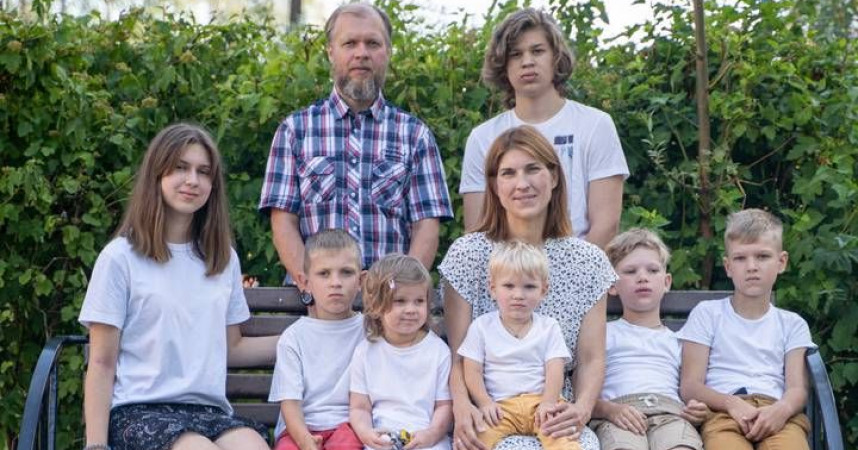
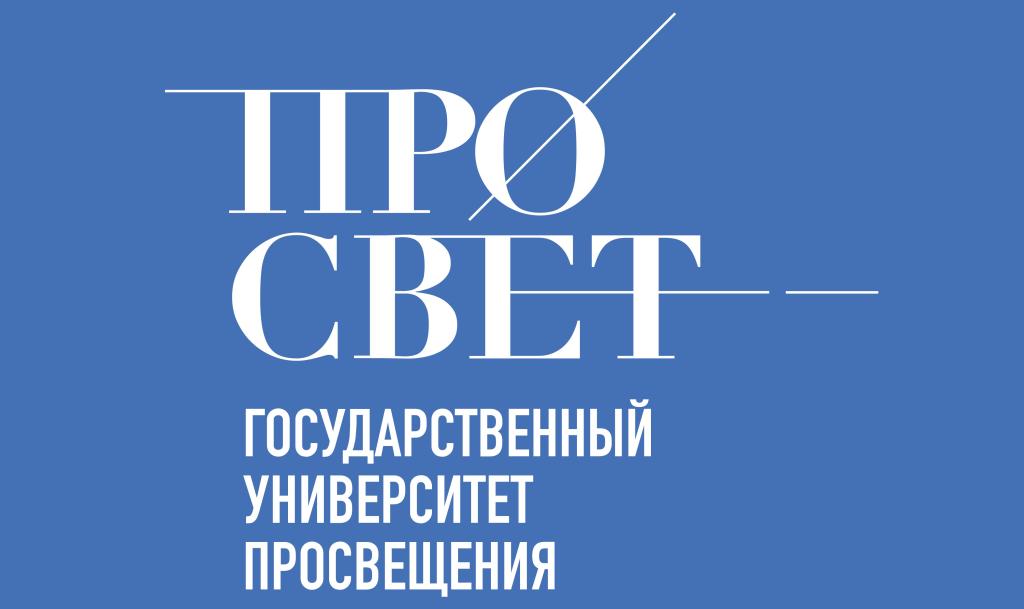

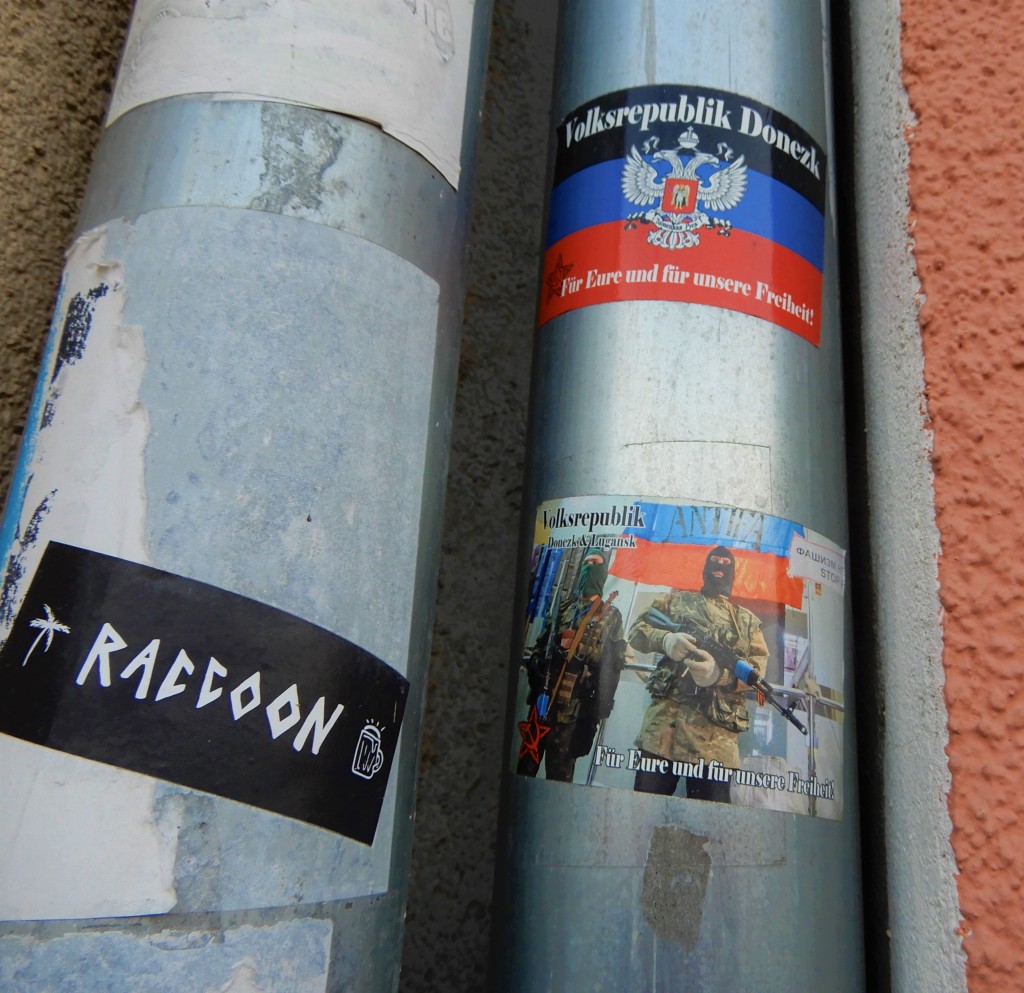
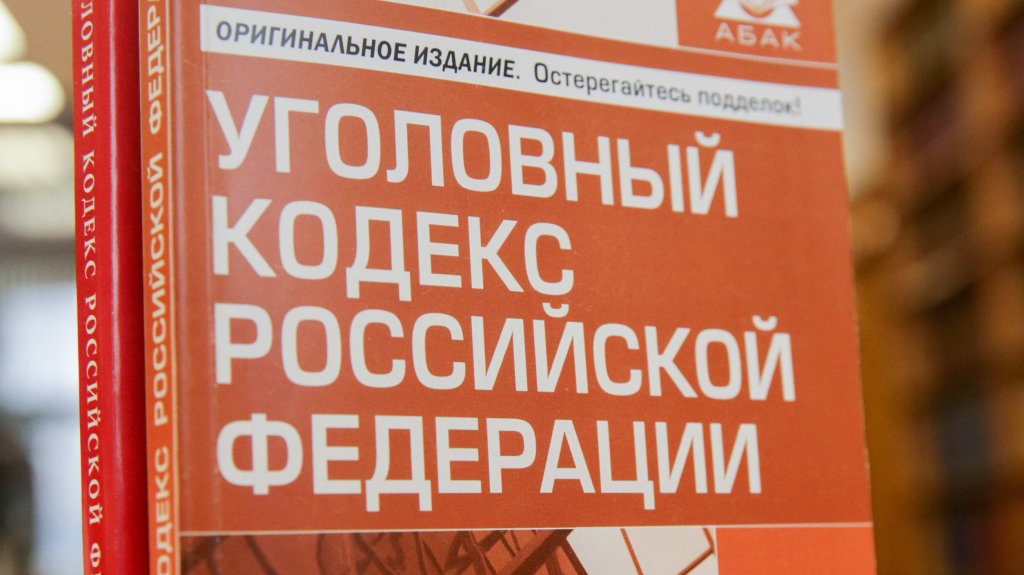
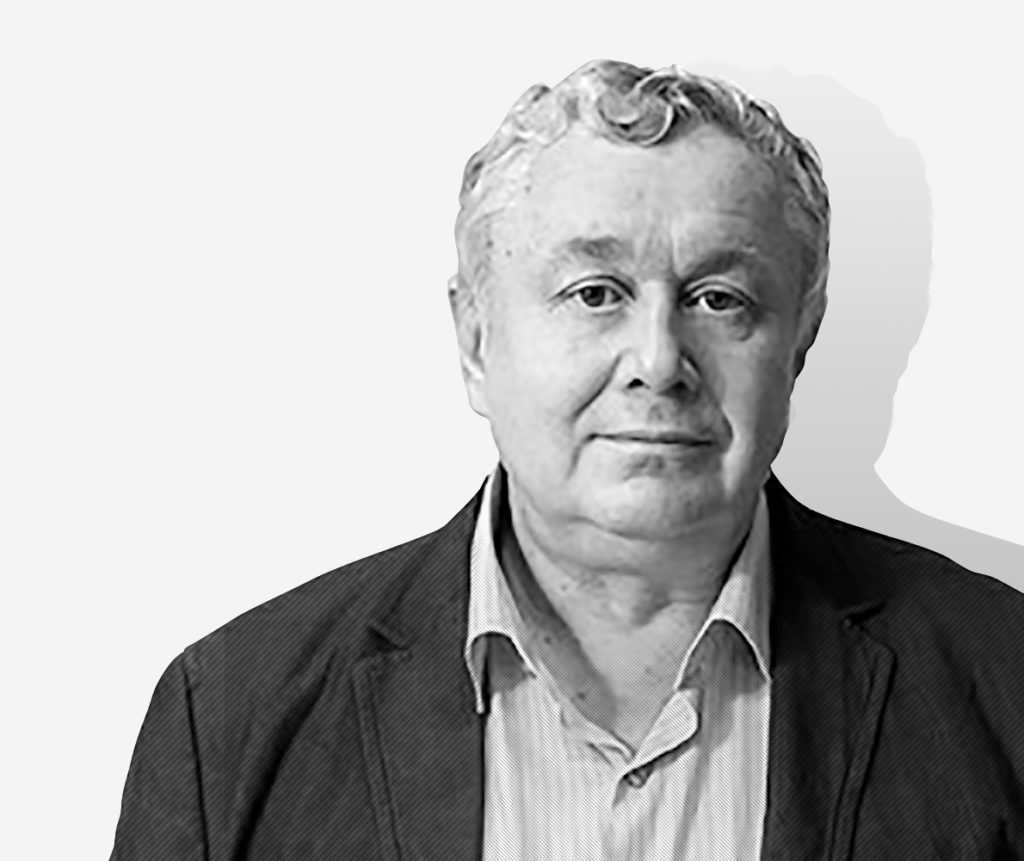 Grigorii Golosov
Grigorii Golosov

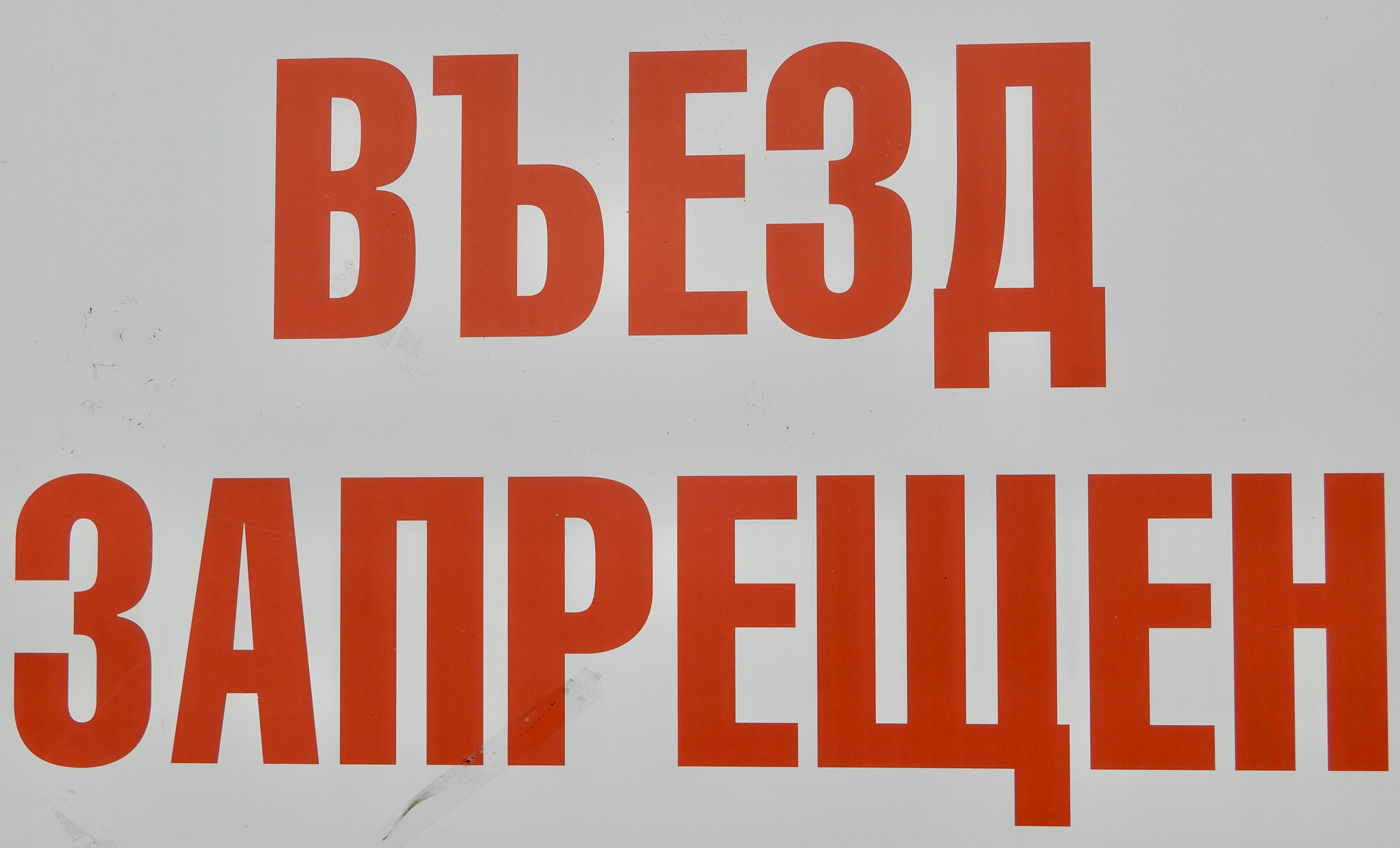 “Entry is prohibited”
“Entry is prohibited”